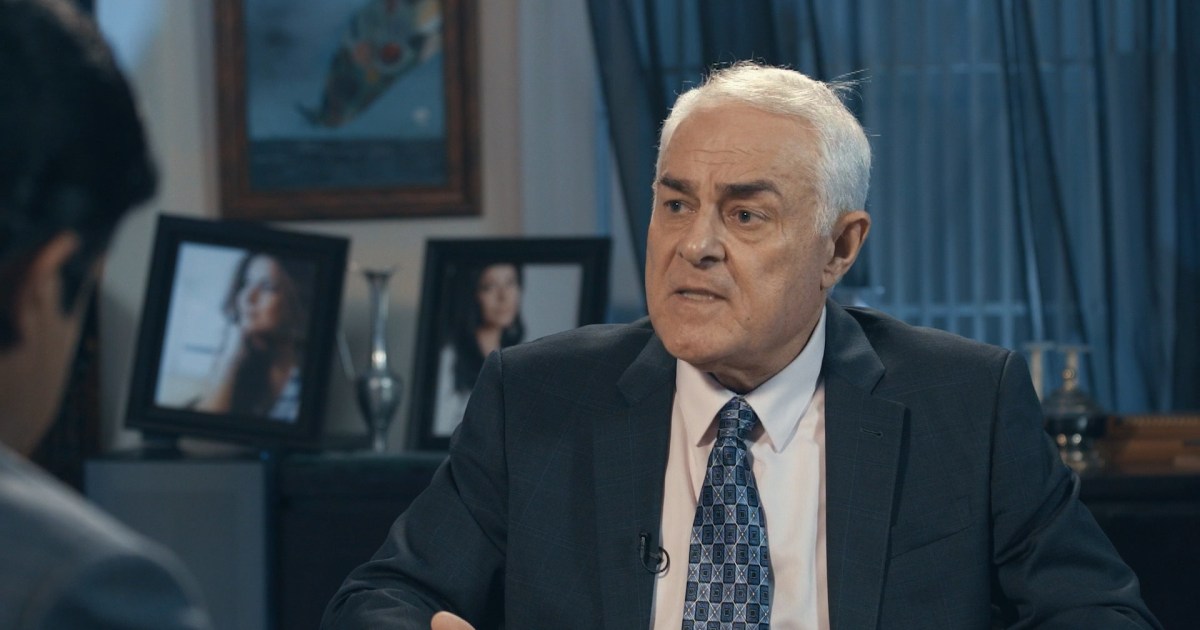Where Professor Wael Hallaq says that the timing of his book The Impossible State coincided with the revolutions of the Arab Spring, and its timing was not significant, because it came as a result of research and intellectual projects he had undertaken since 2000 before it matured in 2009, and the essence of the book is to address the problems of central governance in the Arab world.
He added that the wrong reading of the book came to the conclusion that the Islamic state is impossible, and he did not expect reactions to the book, stressing that the book needs to explain what is contained in it, and it may need about 100 pages to clarify the idea.
Regarding the goals of the book, Hallaq referred to many of the goals included in the book, such as providing an overview of Islamic governance before modernity, which is a critique of modernity in the name of Islam. The book also aims to present Islam as an active member in addressing the issue of morality in modernity, accusing the modern state of immoral (immoral) state. .
The Palestinian professor considered that living under the Islamic state for him as a Christian or any non-Muslim is better than what they lived in any other country, because this state guarantees and cares for the rights of minorities, unlike modern countries that deal strictly with minorities or majorities.
Regarding the charges leveled against the book, The Impossible State, that its conclusion says that the Islamic state is a virtuous state, but its application on the ground is impossible, Wael Hallaq denied these charges and emphasized that Islamic rule is enforceable by granting the political system Islamic morals.
Other solutions
Regarding the accusations leveled at Hallaq that he did not provide solutions for the establishment of the Islamic state after the book The Impossible State, the Palestinian professor said that he presented two books that answered how the Islamic state was established, and presented a critique of Orientalism as an idea that expresses fascination and does not develop real solutions, stressing that he sees in modernity and secularism ideas Exclusionary and does not accept only the owner of the opinion loyal to it.
Hallaq accused secularism of being sacred to those who believe in it and denying all that contradicts it, and that it is more extreme than other beliefs, and there are no principles for it that control its scientific or practical mechanism, unlike the Islamic religion in which the origins of hadith exist as specific controls for many scientific and practical matters.
And about Hallaq’s opinion of Sayyid Qutb, the Palestinian professor praised the Egyptian thinker and stressed that he spoke systematically according to ethics, and when he spoke about the economy, he stressed that it must be governed by many controls according to Islamic law, and these points today are under discussion in order to control the course of the global economy.

